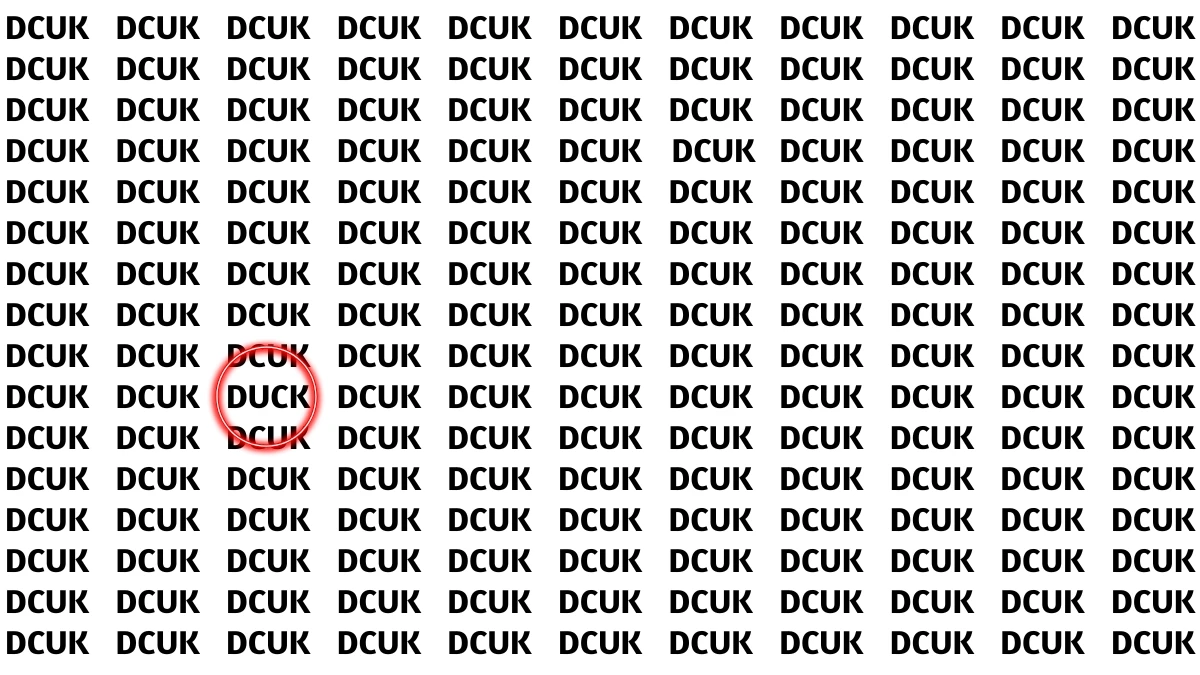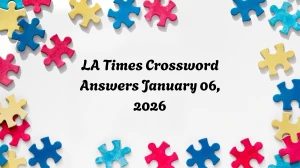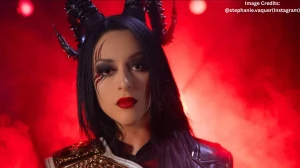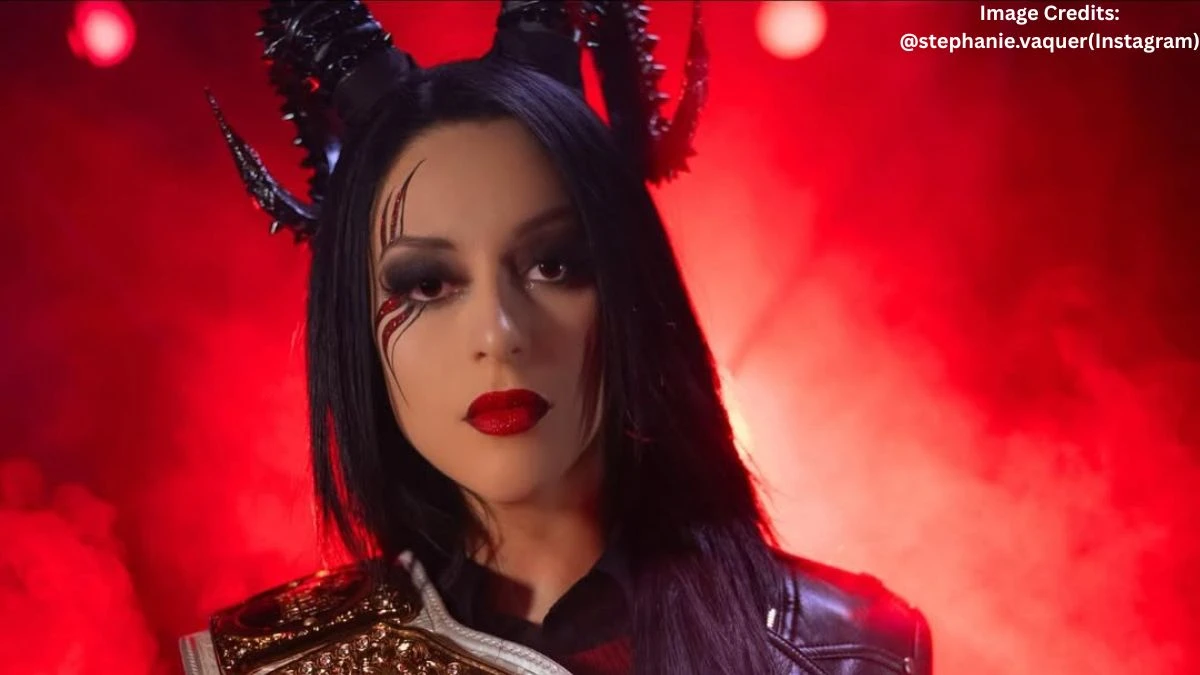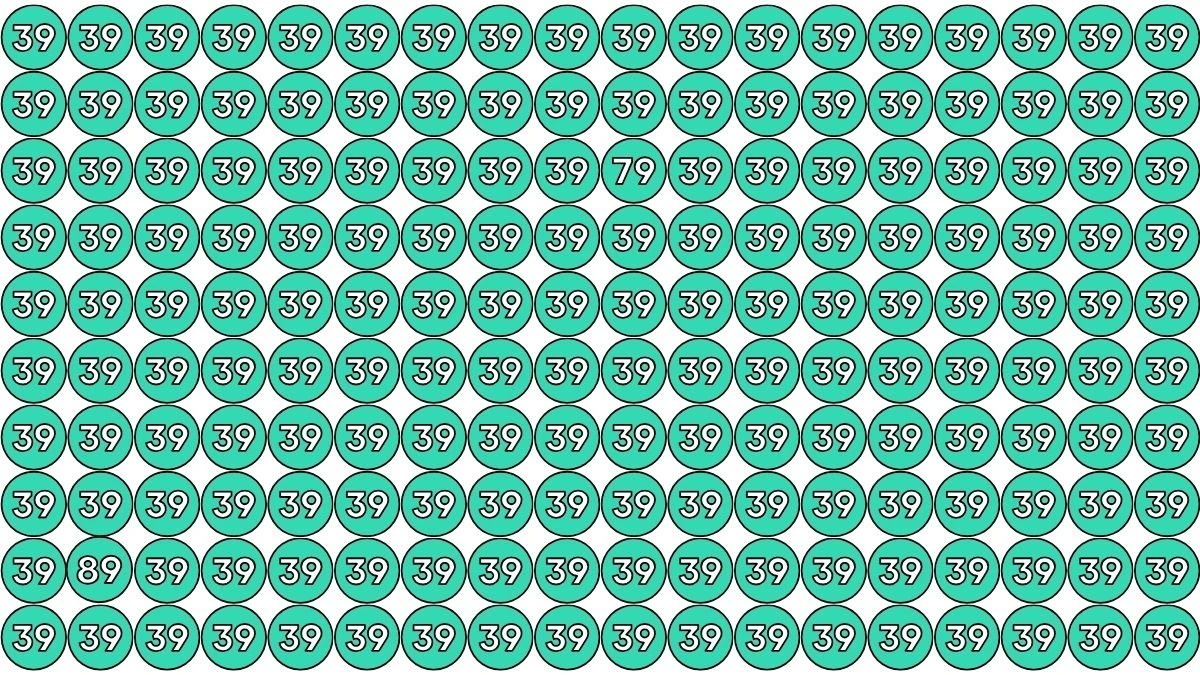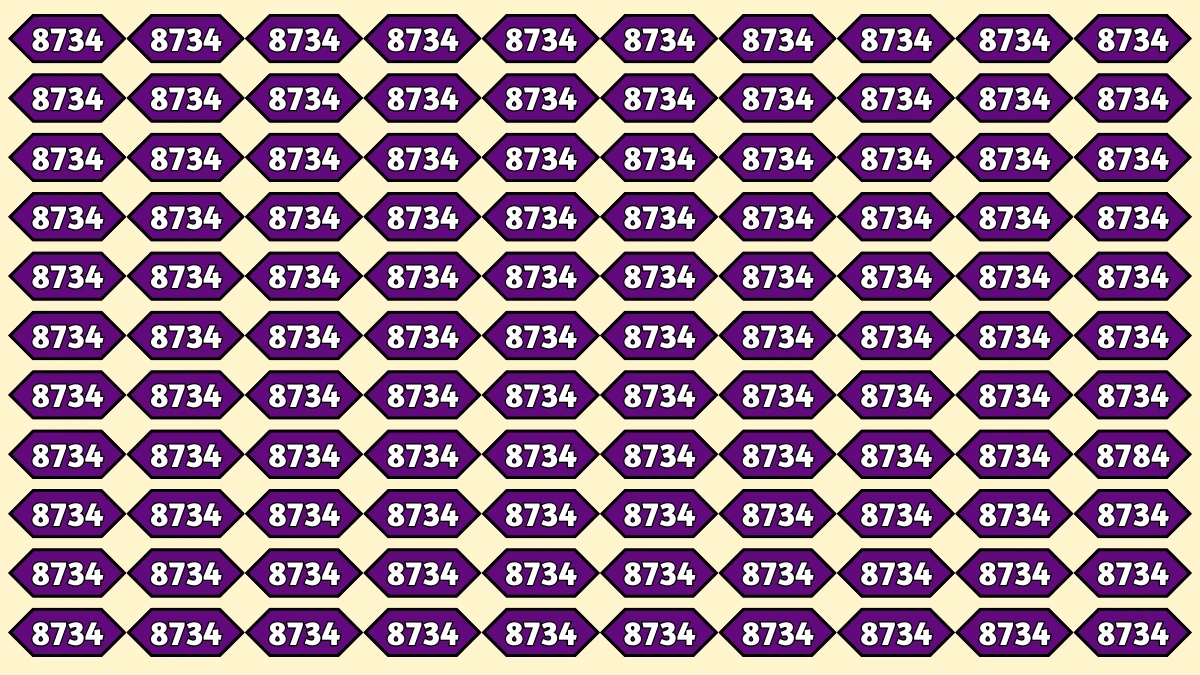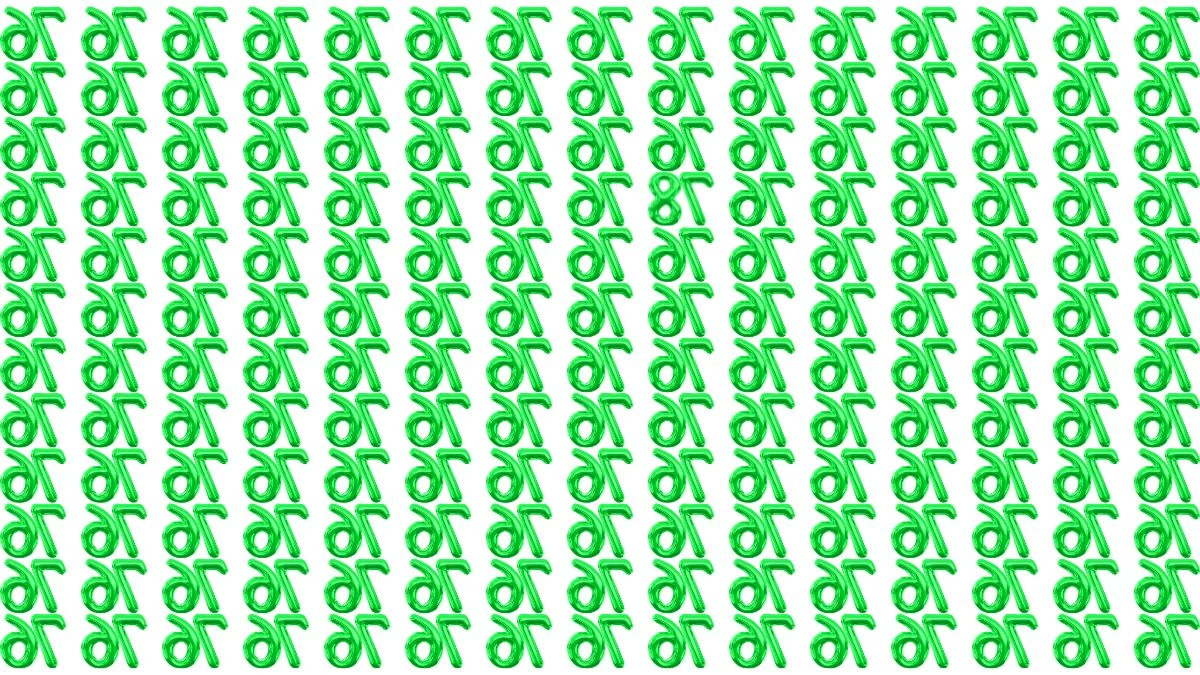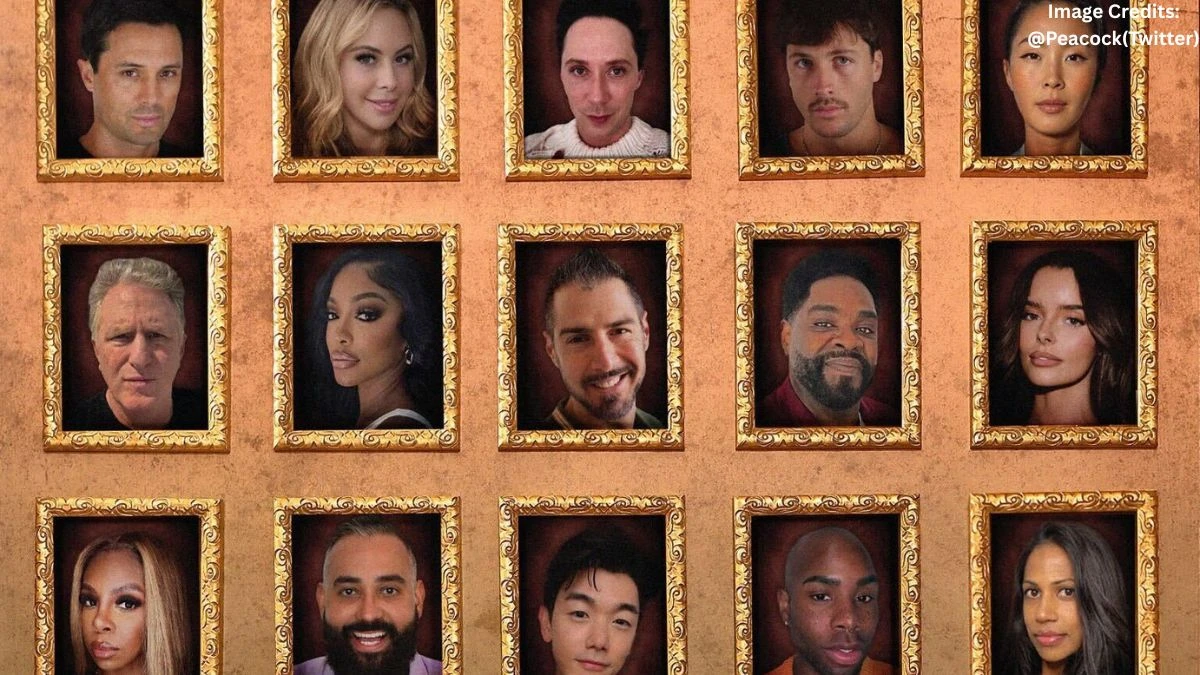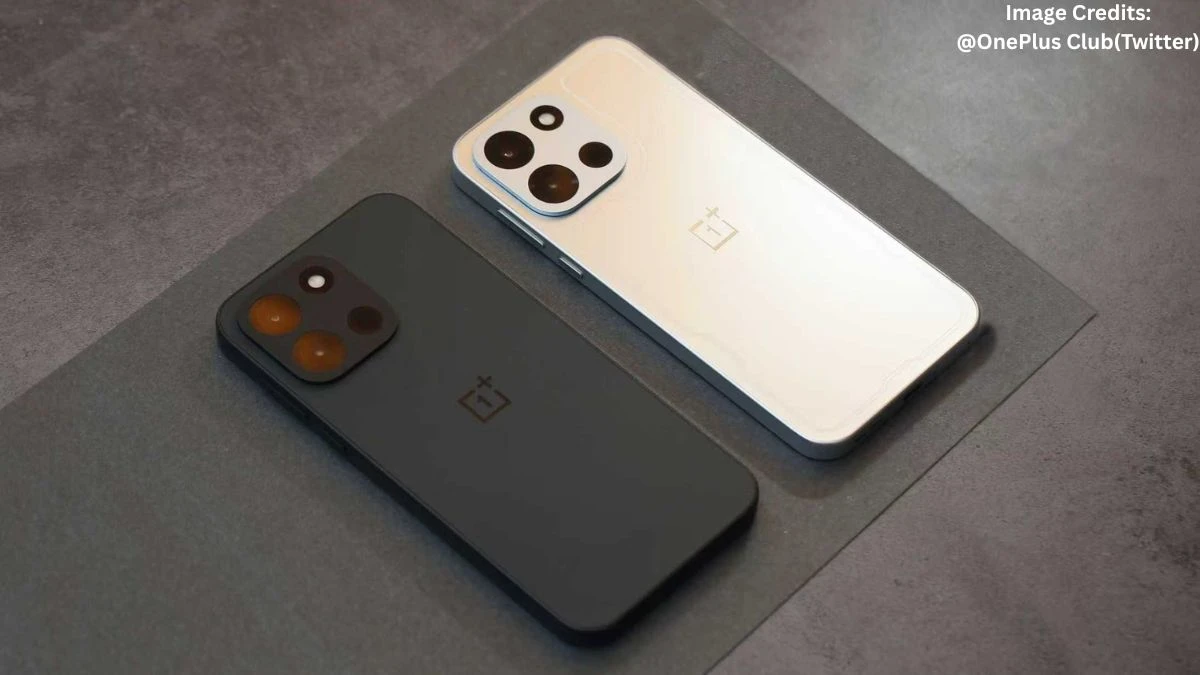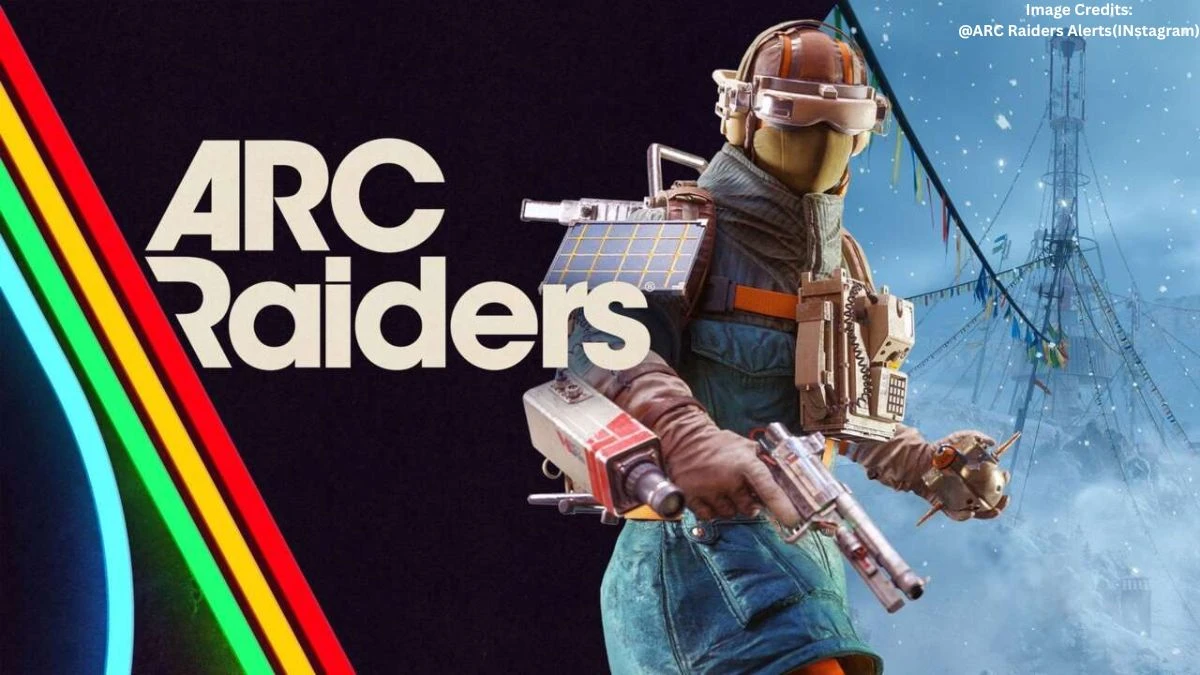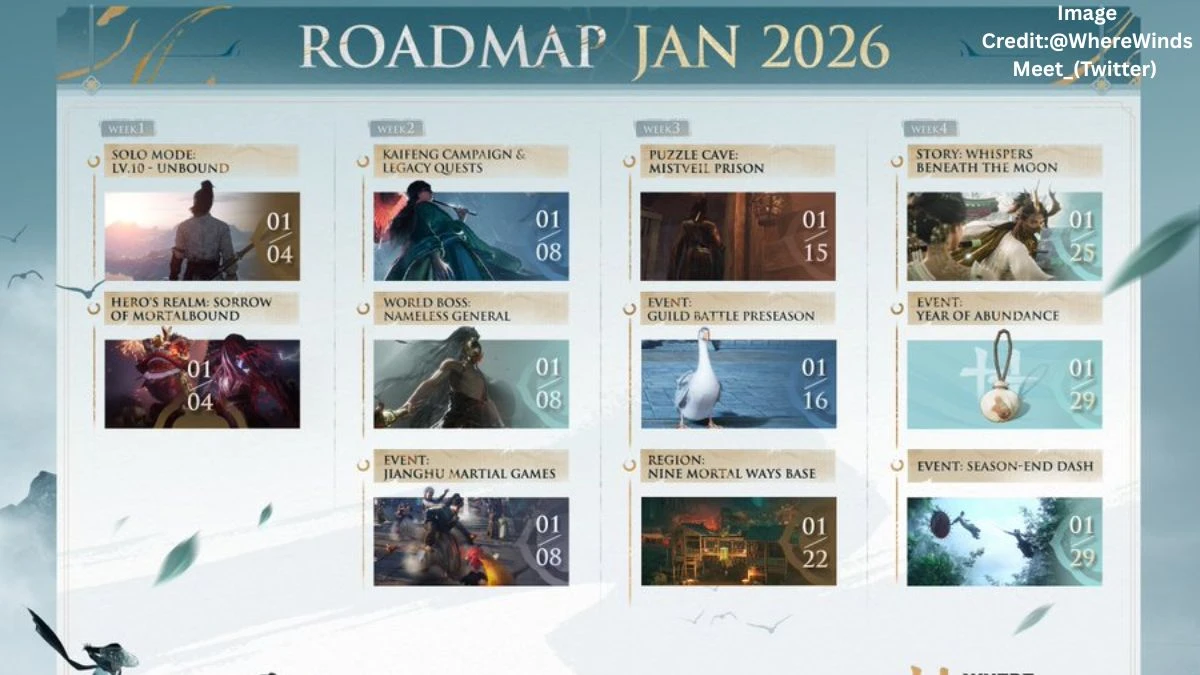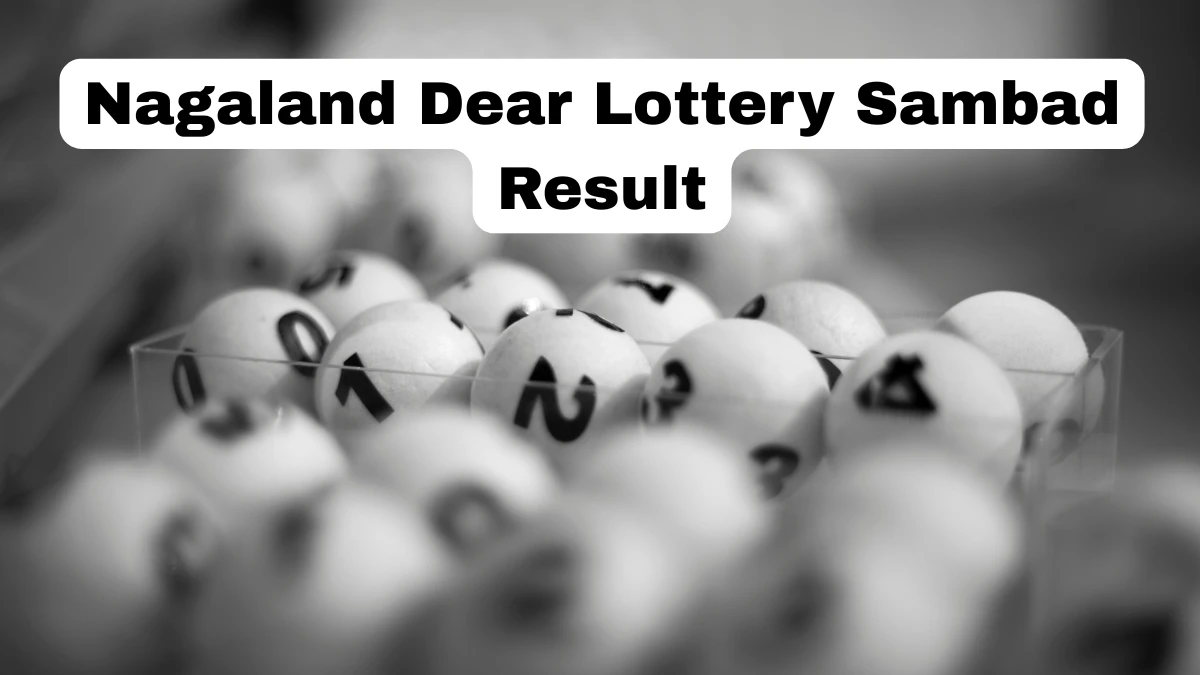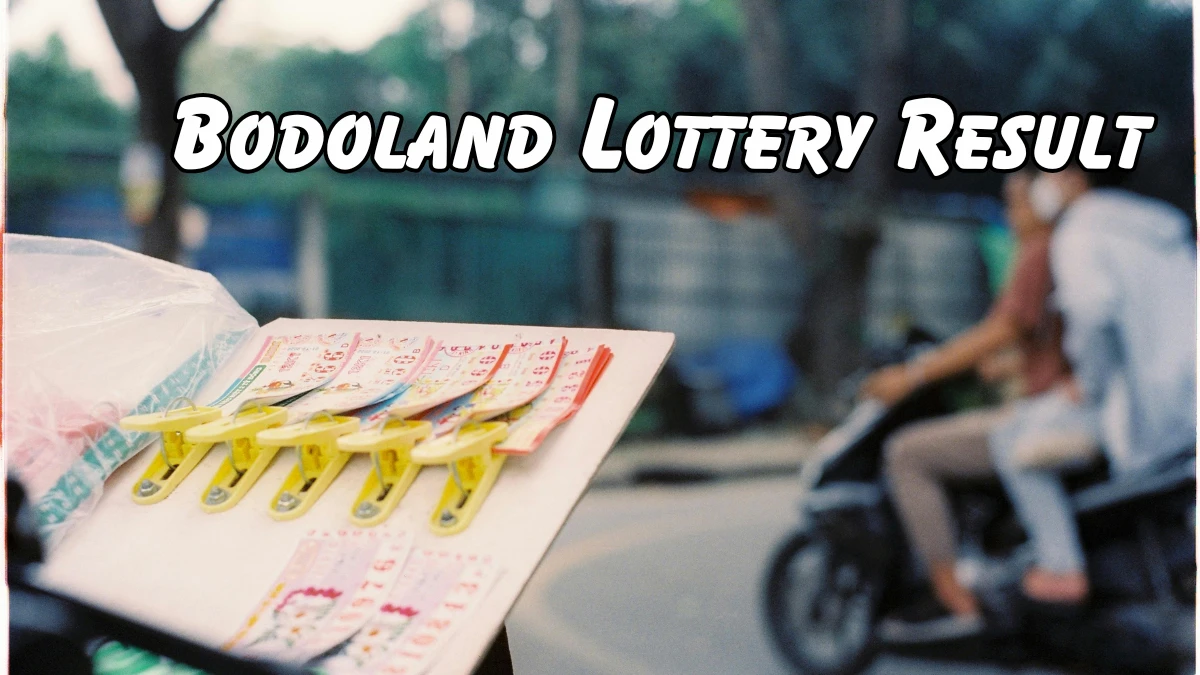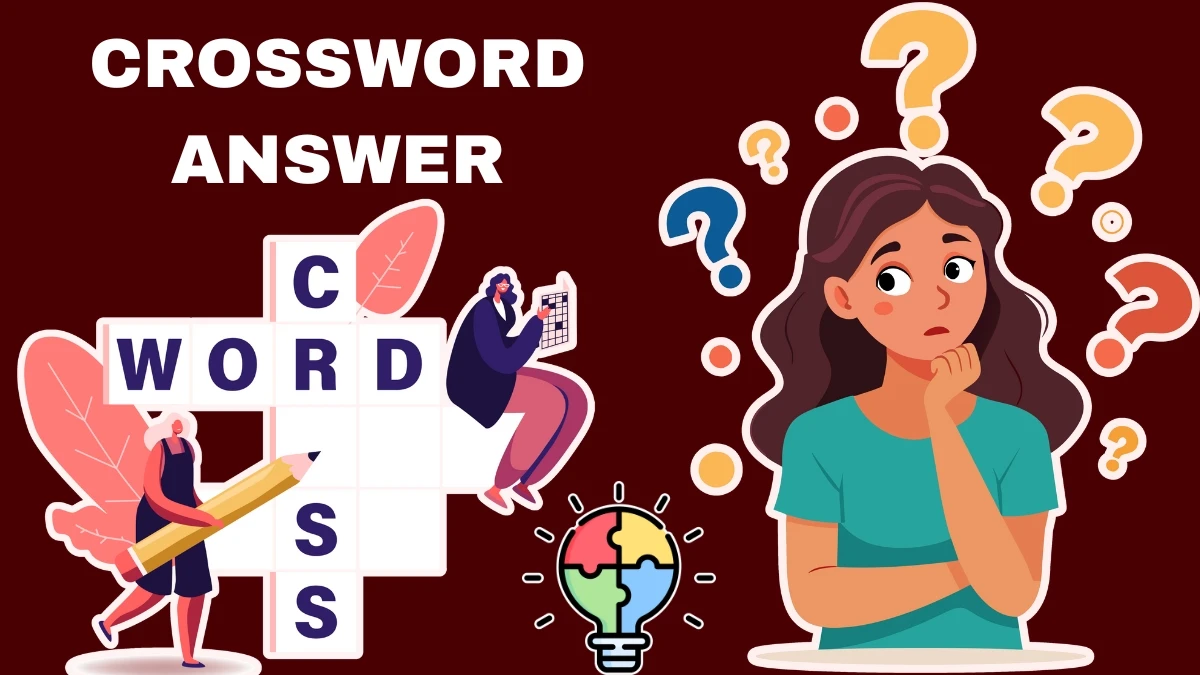Optical Illusion
An optical illusion is a visually perceived image that differs from reality, tricking the brain into seeing something that isn’t actually there or perceiving it in a distorted way.
This happens because the eyes and brain work together to interpret visual information, but sometimes the brain makes incorrect assumptions based on patterns, colors, light, and perspective.
For example, certain shapes or arrangements can make lines appear longer, objects seem to move, or static images look three-dimensional.
Optical illusions reveal how our brain processes information, highlighting its tendency to fill in gaps, rely on context, and prioritize certain cues over others.
They are not just entertaining but also help scientists and psychologists study human perception and the complex relationship between sight and cognition.
7 Seconds Challenge: Only People with Eagle Eyes Can spot the Number 245
Optical Illusion Visual Test: Within 5 Seconds Spot The Word DUCK among DCUKs
Optical illusions are a fun and fascinating way to test how sharp your eyes and brain really are. In this visual challenge, you are asked to spot the word “DUCK” hidden among several confusingly similar words spelled as “DCUK”.
At first glance, they all look almost identical, which tricks your mind into overlooking the correct one. The task is simple yet tricky find the real word within just 5 seconds.
Such puzzles are not only entertaining but also help improve focus, concentration, and observation skills. They train your brain to pay attention to small details and process visual information more effectively.
If you managed to find the hidden word quickly, it shows you have excellent visual perception and quick thinking ability. But if it took longer, don’t worry it’s all about practice.
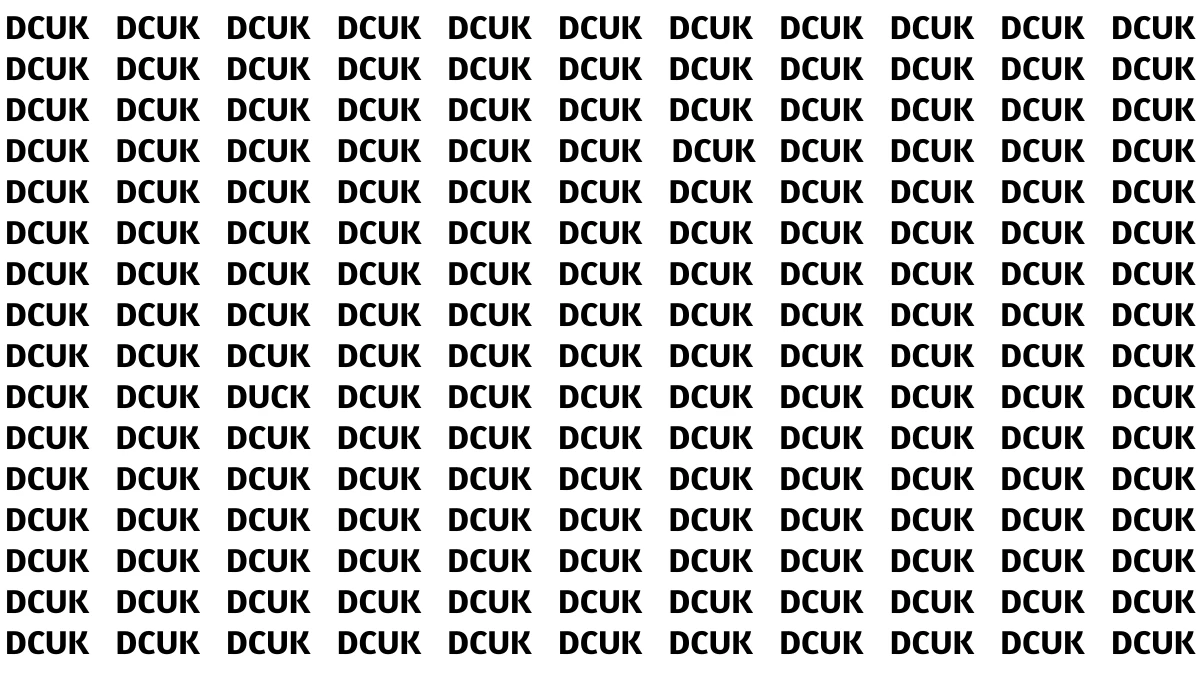
Try this Challenge: Within 9 Seconds Spot The 3 Differences in this Lunch in Train Image
Optical Illusion Visual Test: Within 5 Seconds Spot The Word DUCK among DCUKs - Solution
The hidden word DUCK sits in the left-center area of the grid, not far below the middle line: look about a third of the way in from the left edge and you’ll find it roughly halfway down, where the letters appear as D U C K instead of the repeated distractor D C U K.
In the puzzle image it’s already highlighted with a red circle, marking the only instance where the U precedes the C.
A fast way to spot it within five seconds is to keep your eyes fixed on the second letter of each block and sweep vertically; anywhere you see a U immediately after D, pause and confirm the following letters read C K.
This “second-letter scan” avoids reading every cluster and quickly reveals the anomaly in the left-center quadrant, third column from the left and about the seventh row down exactly where the red ring is placed.
